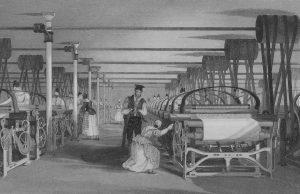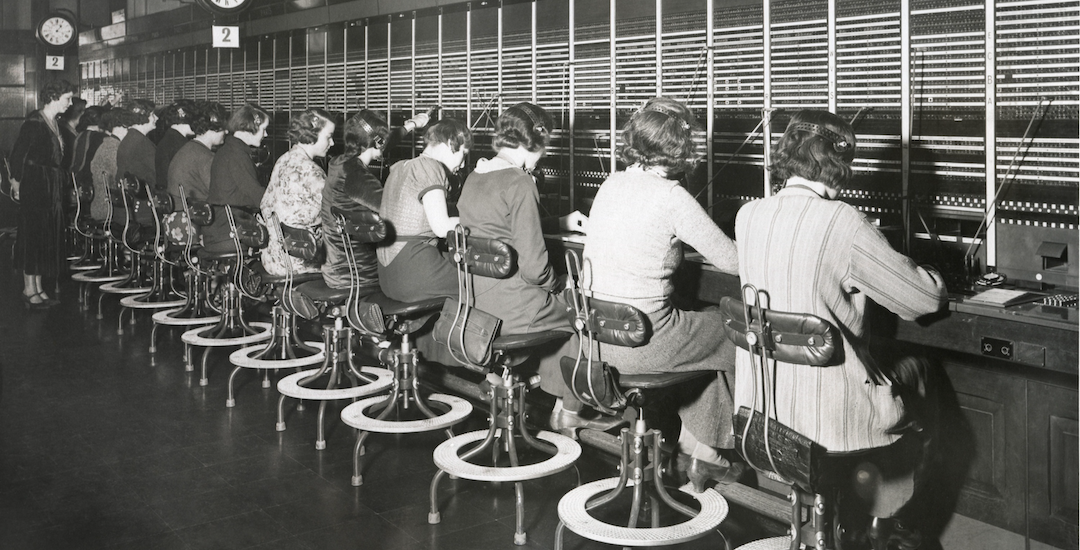How long has shift working been part of our lives? Shift work has been a part of human history for centuries. People have always needed to work around the clock to maintain their livelihoods, so working outside of the traditional 9-5 workday has been around since the beginning of time.
Laborare Paulisper – Roman Shift-Working
Shift work is a lot older than we think, in fact it’s origins go back to antiquity.
Shift work was already in place in ancient civilizations, where workers were divided into shifts to maintain the production of crops and goods.
For example, in ancient Rome, soldiers were often divided into night and day shifts to maintain security. Roman Vigiles (city police) would need to be active 24hours a day.
Fires were a common occurance in ancient Rome. Where buildings were tightly packed and populations high. A fire that spread quickly would deveastate the city. As did the great fire of Rome in Nero’s time (64AD).
The Vigiles (see below) had responsibility for putting out blazes as well as keeping the peace and investigating crime.

This early example of shift work was all about ensuring the safety of people, as well as the empire.
Industrial Revolution
In the 1700-1800s, industrialisation in Britain, (and later in Europe) brought about a new era of shift work.
The introduction of machines and production lines meant that factories had to operate 24/7. This required workers to be divided into shifts giving birth to the modern shift work system.

Working in shifts became more and more common with the rise of factories, and it was no longer limited to specific industries.
24/7 Economy
The service sector rose dramatically in the 1900s and made shift work even more common in the throughout the world.
As more industries worked 24hours a day, the support for them also grew. With the need for around-the-clock customer service, businesses began operating round the clock, which required their employees to be available.
Hospitals, medical care facilites, emergency services, all of these moved to a complete full-day work rota.

The result, is the 24/7 economy, which has become an integral part of modern society.
Modern Shift Working
Today, shift work is a common part of many industries, including healthcare, transportation, hospitality, and manufacturing. While shift work can be challenging for workers due to disrupted sleep patterns and social lives, it is a necessary part of many industries and has become an integral part of our modern economy.
For instance, in healthcare, many roles require employees to work round the clock. Nurses, doctors, and other healthcare professionals work in shifts to ensure that patients receive the care they need. Similarly, in the transportation industry, air traffic controllers, pilots, and flight attendants work in shifts to ensure that planes are flying safely and on time.

Shift work is also a key feature of the hospitality industry. Hotels and restaurants operate 24/7 to meet the needs of their customers.
This requires employees to work in shifts, ranging from early morning to late evenings. The rise of online platforms such as Airbnb and Uber has led to a surge in the demand for shift work in the hospitality industry.
In the manufacturing industry, shift work is necessary to ensure that production lines run smoothly. This is especially true for companies that operate on a global scale where the time difference means that production has to be done round the clock. The manufacturing industry has seen a significant shift towards automation, which has led to more jobs being available in the field of shift work.
The next stages of Shift Working
The history of shift work is a long and fascinating one, dating back to ancient civilizations. While the concept of shift work has evolved over time, it remains an essential part of many industries worldwide. The need for around-the-clock service and production has made shift work a necessary part of our modern economy, and as such, it is likely to remain an integral part of the work landscape for many years to come.
Which is why getting the right tools in place to help are important.






